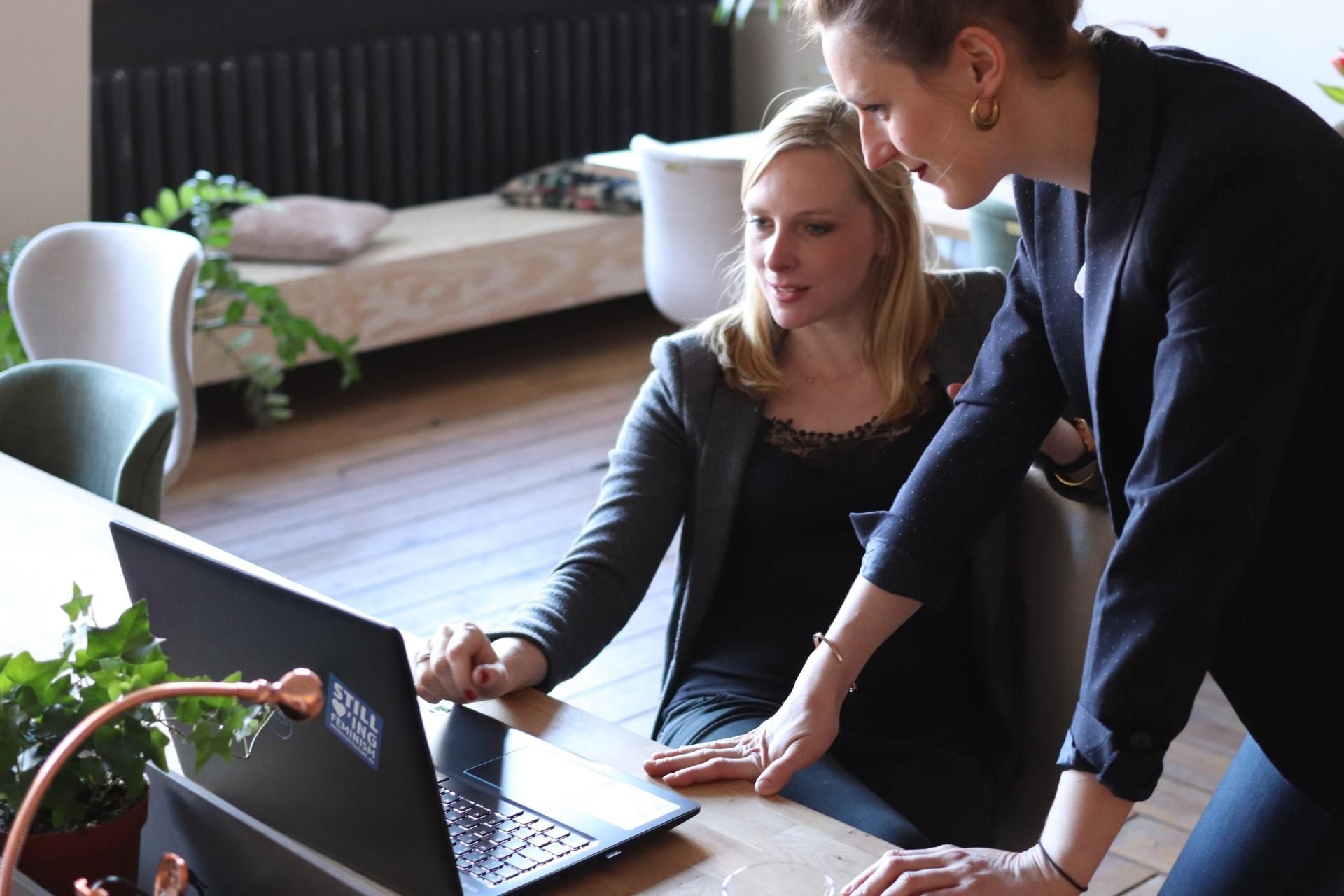We protect your assets so you can have peace of mind.
We'll handle all your insurance needs,
so you can focus on you.
We make the complex simple
We offer both personal and business insurance services, so you can focus on everything else.
With our expertise and know-how, we'll help you save money, reduce stress, and focus on you're real priorities.
We have experts in a range of industries including:
Safeguard your home with a policy that wont break the bank
Home
Cruz along with coverage that wont leave you ditched
Auto
Stay on top of the regulations that affect your business.
Business
More
From Pets to pontoon boats we have you covered
Showing people how valuable they are to us through the way we serve them and protect their assets.
Our insurance professionals will handle your insurance needs, including business and personal accounts.


Trust is the foundation of great service
We provide insurance services to individuals, small businesses and corporate clients. Our services are tailored to the unique needs of each client. We work as part of your team, understanding your needs and what matters to you.
| Features | |
|---|---|
| ✓ Trust | ✓ Expertise |
| ✓ Accuracy | ✓ Experience |
| ✓ Confidentiality | ✓ Professional |




